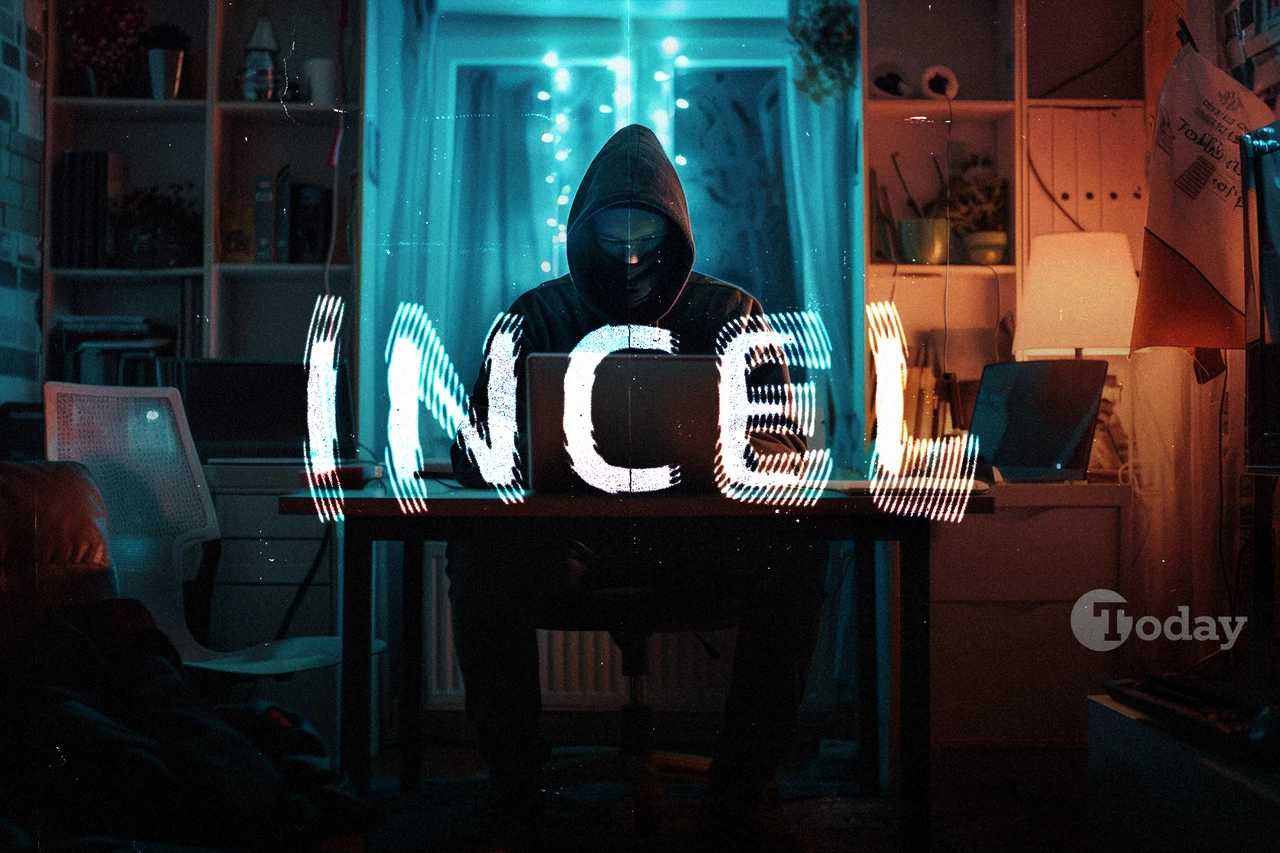Explained: Who incels are, how they threaten women in Türkiye and beyond
 Who incels are and how incel culture continues to thrive in online spaces, fueling hatred and violence against women. (Collage by Tugce Atmaca/Türkiye Today)
Who incels are and how incel culture continues to thrive in online spaces, fueling hatred and violence against women. (Collage by Tugce Atmaca/Türkiye Today)
On October 4, 2024, Istanbul witnessed two horrific murders that have sent shockwaves across Türkiye.
Aysenur Halil and Ikbal Uzuner, both 19 years old, were brutally murdered by Semih Celik, a 19-year-old man, in two separate incidents on the same day. These tragic events unfolded in the Eyupsultan and Fatih districts of Istanbul, leaving the public outraged and igniting protests across the country and many people wondering who incels are.
- Celik murdered Halil in her home by slitting her throat, after having reportedly stalked her online.
- Later, in an even more shocking act, Celik decapitated Uzuner near the Edirnekapi city walls and threw her severed head in front of her mother.
- These gruesome killings provoked widespread horror and led to immediate public outrage.
- Celik’s suicide following the murders has further complicated the investigation into his motives.
Protests quickly erupted across the country, with women’s rights groups leading the charge, criticizing the government for not doing enough to address gender-based violence.
The events have also drawn attention to the growing problem of the incel culture and its potential link to these crimes.

Who incels are, examples of incel-related violence
Incel culture, short for “involuntary celibates,” has grown from a fringe online community to a disturbing global phenomenon. Mostly made up of men who feel frustrated by their romantic or sexual lives, this ideology blames women and society for their perceived failures, sometimes leading to violence.
- High-profile incel-related violence:
- In 2014, Elliot Rodger, who identified with incel ideology, killed six people in Isla Vista, California, citing resentment toward women as his motivation.
- In 2018, Alek Minassian killed 10 people in Toronto with a van, declaring allegiance to the incel movement.
- Incel forums and online communities frequently glorify these acts of violence, encouraging others to follow suit.
While not all members of these communities commit violent acts, the overall ideology is based on misogyny and deep resentment toward women. The glorification of violence and disdain for societal norms make this culture a significant global threat.

Insights from research: The psychological roots of incel ideology
Incel culture stems from deep-seated feelings of rejection, isolation and a desire for revenge, which are often amplified through online communities. Harvard postdoctoral researcher Miriam Lindner has conducted extensive research into how incel culture fosters extremism.
- Key findings from Lindner’s research:
- At its core, incel ideology is driven by male sexual frustration and a sense of entitlement over women’s bodies.
- Incels view themselves as victims of a society where women hold power in romantic relationships, with an increasing focus on physical appearance dictating success.
- Many incels adopt nihilistic worldviews and extreme victimhood, leading to violent fantasies or, in the worst cases, real-world attacks.
- While most incels do not engage in violence, the link between the incel mindset and mass shootings or terror attacks has raised serious concerns among scholars and law enforcement.
Lindner’s research emphasizes the dangers of leaving this ideology unchecked, as incel forums create an environment where toxic ideas are nurtured and where violence can seem like an inevitable outlet for frustration.

Incel culture in Türkiye: Signs of alarming trend
The murders of Halil and Uzuner have drawn significant attention to the growing influence of the incel culture in Türkiye. Similar to global patterns, young men in Türkiye who feel disillusioned with societal norms have begun to embrace misogynistic views and express deep resentment toward women.
Key patterns emerging in Türkiye’s incel community include:
- Promotion of violence against women: On Turkish incel forums, members openly express their hostility toward women, frequently advocating violence as a means of addressing perceived injustices in their romantic and sexual lives.
- Discussions of harmful ideologies like hypergamy: Incels claim that women only pursue relationships with men of higher status, perpetuating a belief that they are excluded from these relationships because of their lower social or economic standing. This fuels feelings of inadequacy and deep-seated anger.
- Glorification of violent figures: Turkish forums often reference international figures like Elliot Rodger, who carried out mass violence out of frustration with women. These individuals are treated as martyrs for the incel cause, encouraging more disillusioned men to consider similar violent responses to their own perceived grievances.
- Unchecked spread of toxic ideologies: Turkish activists have voiced growing concerns about the absence of oversight in these online spaces. Despite international efforts to monitor and shut down harmful forums, local platforms in Türkiye have largely remained unregulated, allowing these toxic ideas to thrive and spread without accountability.
The Oct. 4 murders have forced Türkiye to confront the dangers posed by these extremist online subcultures. Women’s rights groups have urged for stronger legal measures and a crackdown on misogynistic communities that contribute to such acts of violence.

Addressing growing threat of incel culture in Türkiye, across world
As incel culture continues to spread globally and in Türkiye, it is crucial to recognize the severe threat it poses to women and society at large. The recent murders have underscored the urgent need for better legal protections, stronger law enforcement and more attention to the harmful ideologies proliferating online.
The protests that erupted following the killings are a stark reminder of the dangers of inaction. To protect women and curb the rise of violent misogyny, both Türkiye and the global community must confront the toxic narratives that fuel incel culture.



